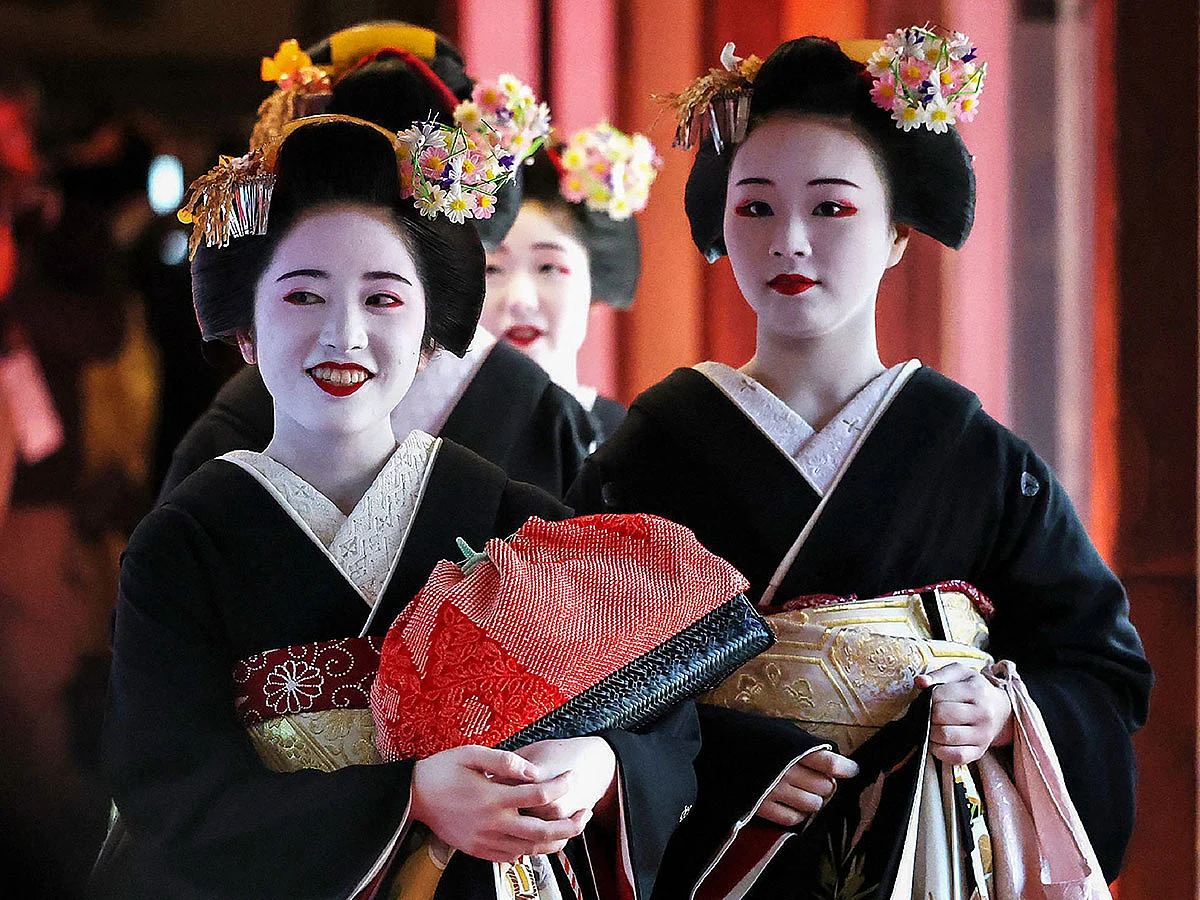Ayaka Yoshida, a 27-year-old member of the Mie Prefectural Assembly ("gikai") representing the Japanese Communist Party, has been subjected to approximately 8,000 death threats on digital channels, including via email.
This surge of online abuse followed her March 25 social media post advocating for the provision of free sanitary pads in public restrooms, stating, "Like toilet paper, I want sanitary pads to be provided everywhere."
Backlash
The backlash underscores the persistent stigma surrounding menstruation in Japan, Japan's Mainichi reported.
Despite recent initiatives to address "period poverty" — the lack of access to menstrual products due to financial constraints — the topic remains sensitive.
A 2022 survey by the Japanese Ministry of Health revealed that 8 per cent of women aged 18 to 49 experienced difficulties obtaining sanitary products since the onset of the COVID-19 pandemic, local media reported.
In response to such challenges, various local governments have initiated programmes to provide free sanitary products in schools and public facilities.
For instance, the Hyogo Prefectural Government expanded its efforts in early 2023 to supply free sanitary pads to female students across numerous educational institutions, as per Japanese broadcaster NHK.
Vitriol
Experts assert that the vitriolic reaction to Yoshida's proposal reflects a broader pattern of gender-based harassment aimed at silencing outspoken women.
Chisato Kitanaka, an associate professor of sociology at Hiroshima University, notes that abusive messages targetting women who speak out are alarmingly frequent occurrences in Japan.
The incident has ignited discussions on the need to confront societal taboos and to protect women in politics from targetted harassment. Advocates emphasise that addressing these issues is crucial for fostering a more inclusive and equitable society.
Sign up for the Daily Briefing
Get the latest news and updates straight to your inbox
Network Links
GN StoreDownload our app
© Al Nisr Publishing LLC 2025. All rights reserved.
